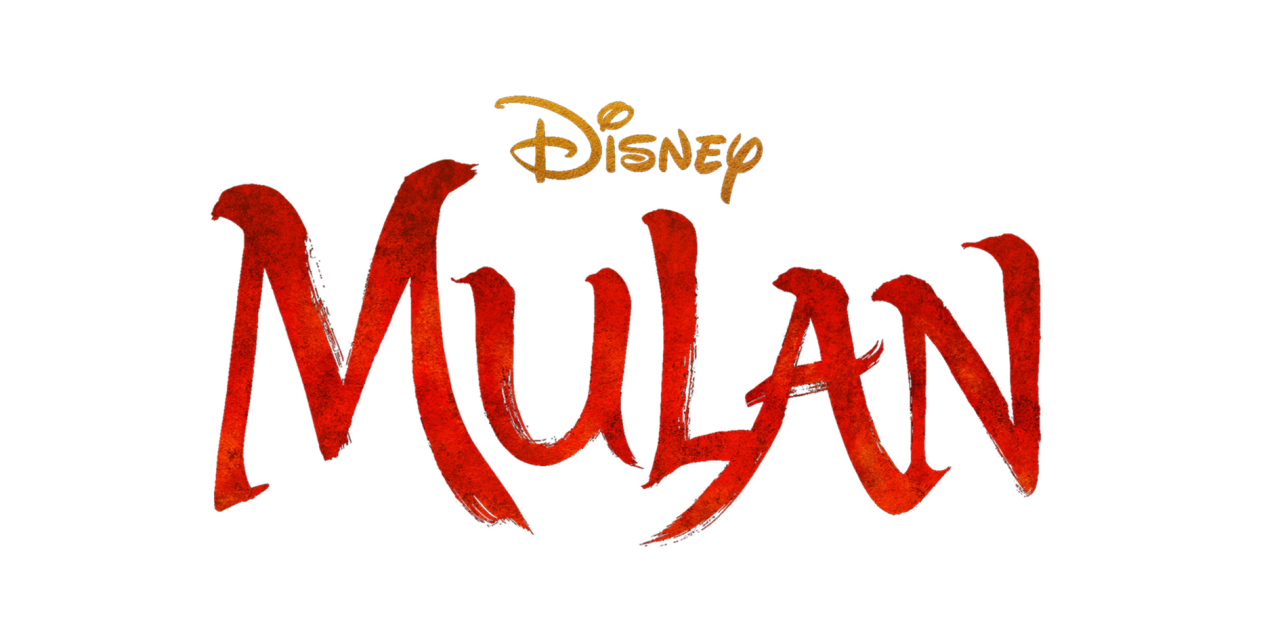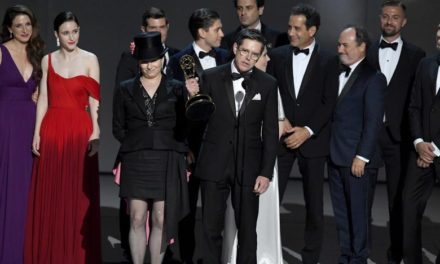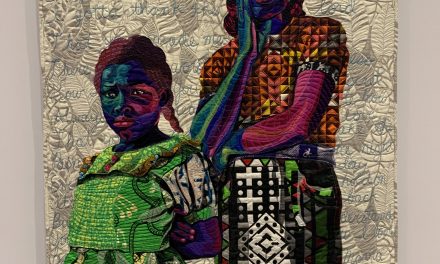Disney seems to have bid adieu to its once guiding principles of producing creative, family-friendly works of art to bring magic and joy into people’s lives. Instead, the company has chosen to exploit nostalgia for cash-grabbing behavior. “Mulan” is the latest edition in its assembly line of live-action remakes of animated classics. Originally slated for a March 2020 release, the film was postponed twice before finally being released on Disney+ on Sept. 4 for $30. To the chagrin of existing subscribers, they too were expected to pay the hefty price to watch the film. “Mulan” has received largely negative reviews in China, as well as internationally, and is headed for severe underperformance at the global box office. The film has been said to be humorless and uncharacteristically stoic compared to its animated source material. Business decisions and creative misfires, however, are not the reason why the #BoycottMulan movement is trending.
“Mulan” has been a controversial project for over a year. After pro-democracy protesters in Hong Kong took to the streets in 2019, the Chinese Communist Party (CCP) began a large-scale crackdown on civil liberties, including mass police brutality. Actress Liu Yifei, who plays the titular role in Disney’s film, caused a huge uproar and stirred calls to boycott the production back in August 2019 for her comments supporting the brutal CCP oppression.
“I support the Hong Kong police. You can all attack me now. What a shame for Hong Kong,” Liu wrote on Chinese social media website Weibo, resharing propaganda pieces from the CCP-owned tabloids People’s Daily and Global Times.
In July 2020, Donnie Yen, famed actor and martial artist who stars in the film as Commander Tung, was heavily criticized for celebrating Hong Kong’s “[return] to motherland China.”
Now, it seems, the release of the film has triggered the #BoycottMulan movement again with much greater momentum.
Once the film was available for streaming, users were quick to notice that Disney included a “special thanks” to the publicity department of CCP, as well as the Xinjiang Uyghur Autonomous Region Committee. These departments within the CCP have been at the center of human rights abuses in China’s Xinjiang and have been conducting forced mass sterilizations and genocide of over a million Uighur Muslims so far. These propaganda departments have previously been sanctioned by the U.S. government over their horrific human rights abuses.
In response to backlash, the Chinese government has banned all media coverage of “Mulan.” The CCP increased its draconian crackdown on information and freedom of speech by expelling foreign journalists from China due to their coverage of the suppression of the COVID-19 pandemic, human rights abuses in Xinjiang and police brutality in Hong Kong. Hong Kong’s sovereignty and the Uighur “re-education” camps in Xinjiang continue to be a sensitive issue to CCP’s hegemony, and its ban on “Mulan” is simply another step in its propaganda arsenal to downplay the brutality with which they continue crushing civil liberties domestically and internationally.
The #BoycottMulan controversy has led a bipartisan effort of 19 members of Congress to pen a letter to Disney demanding accountability and cooperation from the company for a congressional inquiry into the matter. Disney Chief Financial Officer Christine McCarthy recently addressed the controversies surrounding the film.
“I’m not a box office prognosticator, but it has generated a lot of publicity,” McCarthy said. “In an effort to accurately depict some of the unique landscape and geography of the country of China for this period drama, we filmed scenery in 20 different locations in China.”
Some of these locations are rumored to be within miles of internment camps, sites of mass ethnic cleansing.
McCarthy also mentioned that acknowledging in “a film’s credits the national and local governments that allowed you to film there” is standard industry practice.
At a time when the world is pushing for an economic and political decoupling from China, Disney is moving in the opposite direction. This is not the first instance of Disney’s appeasement to the CCP’s authoritarian, despotic tendencies for their own corporate gain. In 2016, there was mass outrage over the casting of Tilda Swinton in Disney subsidiary Marvel’s “Doctor Strange.” Swinton played the character of The Ancient One, Strange’s mentor in his journey of becoming a superhero. In the source material, The Ancient One was depicted as a Tibetan monk, but Swinton is white. The setting of the film was also changed from Tibet to Kathmandu, Nepal. In response to the backlash, a screenwriter for the film, C. Robert Cargill, said, “[The Ancient One] originates from Tibet, so if you acknowledge that Tibet is a place and that he’s Tibetan, you risk alienating one billion people.”
Cargill also added that there was a risk of “the Chinese government going, ‘Hey, you know one of the biggest film-watching countries in the world? We’re not going to show your movie because you decided to get political.’” China is expected to surpass the U.S. in box office potential soon.
In 2019, ESPN (another Disney subsidiary) banned any discussion of pro-democracy protests in Hong Kong, after a tweet by the general manager of the Houston Rockets expressing solidarity with Hong Kong stirred up economic and diplomatic retaliations from China. Disney’s decision was met with contempt in Hong Kong and massive global backlash online.
Disney’s website gratuitously claims that the company is “committed to respecting human rights, monitoring the safety and integrity of products.” I beg to differ. Aside from sending irony for a toss, this exemplifies one simple conclusion: Disney is dead. Gone are the family-friendly values, the magical aura and the feel-good factor that it once represented.
Art is, and always has been, inherently political. To claim otherwise is fallacious. Disney’s bogus statements exhibit a betrayal of their own principles for pure economic greed. Such situations set disturbing precedents that normalize crackdowns on freedom of expression. Instead of taking a stance against mass genocide and authoritarianism, Disney’s self-censorship is slowly paving the way for the CCP to influence and restrict civil liberties internationally.
“Disney’s bogus statements exhibit a betrayal of their own principles for pure economic greed.”
Disney has taken the very freedom of expression that is the root of their success and traded it in for mountains of money that would make even Scrooge McDuck flinch.
Aayush Gupta (22B) is from Singapore, majoring in finance. He is passionate about soccer and is a die-hard fan of FC Barcelona. His other interests include endlessly talking about movies, international geopolitics, philosophy and dabbling in photography. Contact Gupta at aayush.gupta@emory.edu.






